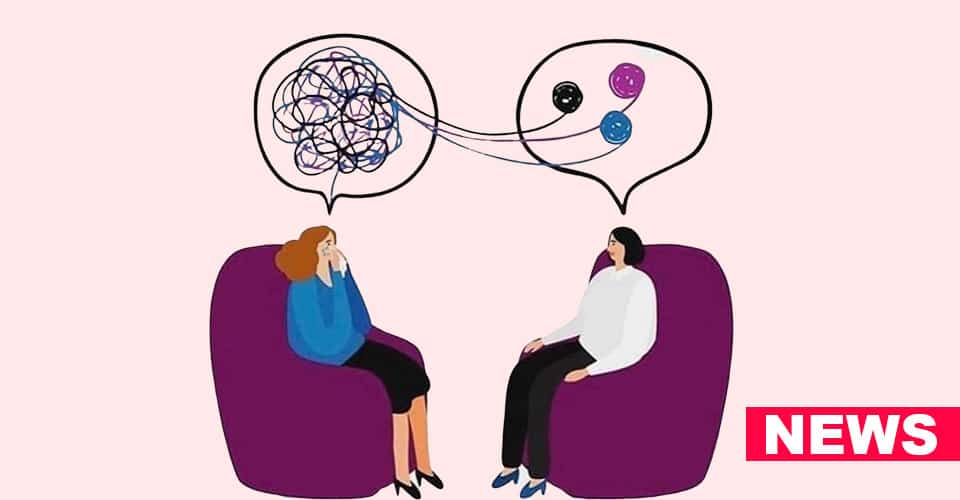Brain News: New study found that supportive social interactions in adulthood are important to prevent or delay cognitive decline despite brain aging or neuropathological changes such as those present in Alzheimer’s disease.
The research team used one of the longest running community-based cohorts in the U.S. – the Framingham Heart Study (FHS) as the source of their study’s 2,171 participants (average age of 63). FHS participants self-reported information on the availability of supportive social interactions including listening, sufficient contact with people they’re close with, love and affection, and emotional support.
Researchers measured the study participants’ cognitive resilience as the relative effect of total cerebral brain volume on global cognition, using MRI scans and neuropsychological assessments taken as part of the FHS. Lower brain volumes tend to be associated with lower cognitive function. In this study, researchers examined the modifying effect of individual forms of social support on the relationship between cerebral volume and cognitive performance.
The cognitive function of individuals with greater availability of one specific form of social support was higher relative to their total cerebral volume. This key form of social support was listener availability and it was highly associated with greater cognitive resilience.
For every unit of decline in brain volume, individuals in their 40s and 50s with low listener availability had a cognitive age that was four years older than those with high listener availability. These four years can be incredibly precious.
“Today, right now, you can ask yourself if you truly have someone available to listen to you in a supportive way, and ask your loved ones the same. Taking that simple action sets the process in motion for you to ultimately have better odds of long-term brain health and the best quality of life you can have,” says lead researcher Joel Salinas, MD. “We think of cognitive resilience as a buffer to the effects of brain aging and disease.”
These study findings have important implications for people younger than 65 to take actions for themselves or their loved ones to increase the odds they’ll slow down cognitive aging or prevent disease like Alzheimer’s. It’s important for them to take stock of their social support because there is no cure for the disease as of now.
To Know More You May Refer To:
Salinas, J., O’Donnell, A., Kojis, D. J., Pase, M. P., DeCarli, C., Rentz, D. M., Berkman, L. F., Beiser, A., & Seshadri, S. (2021). Association of social support with brain volume and cognition. JAMA Network Open, 4(8), e2121122. https://doi.org/10.1001/jamanetworkopen.2021.21122





























Leave a Reply
You must be logged in to post a comment.